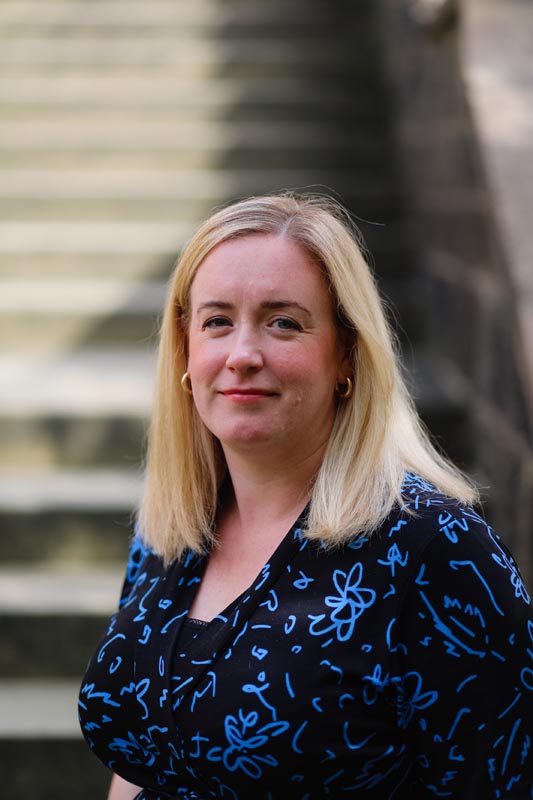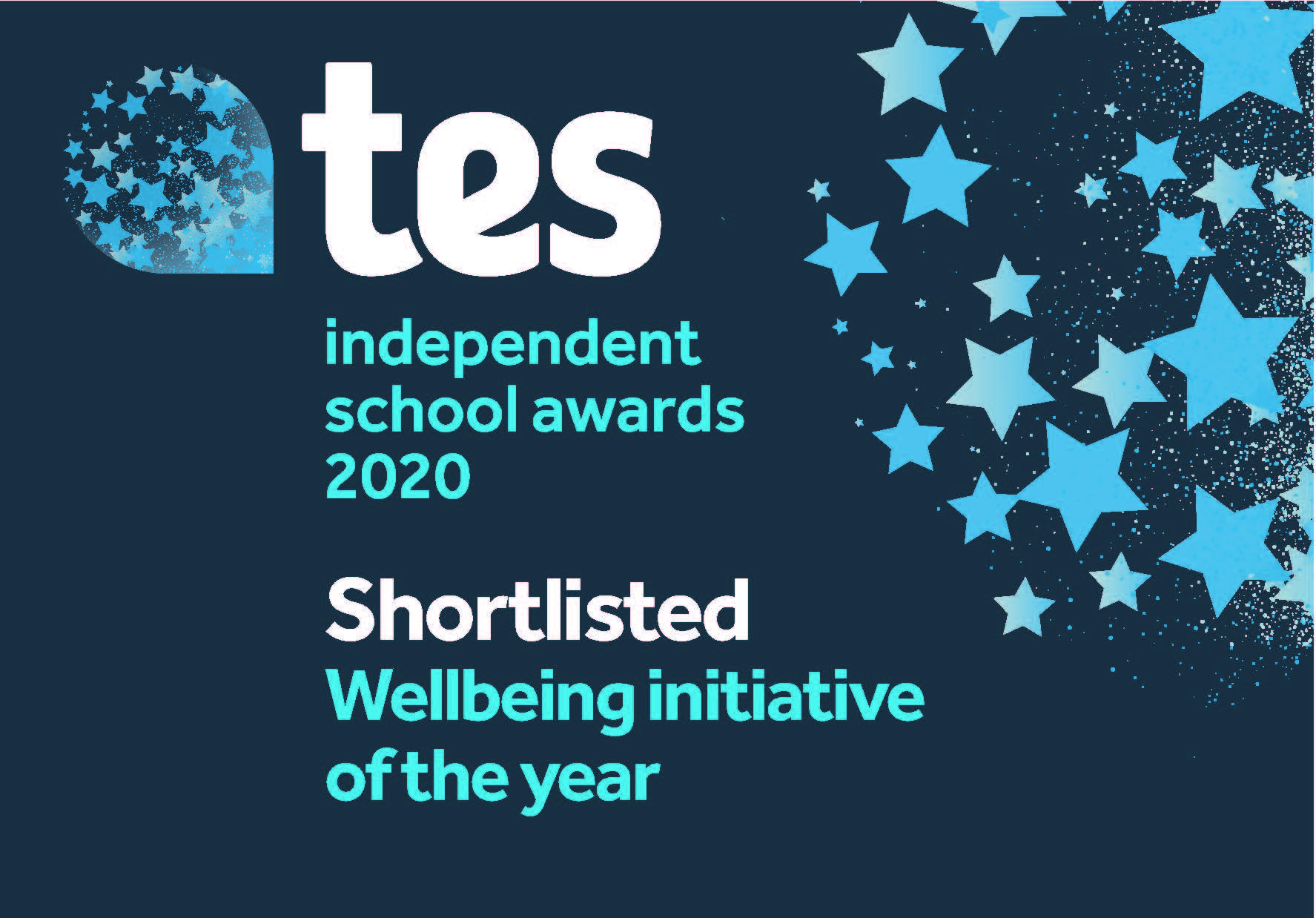As Head of Learning Strategies and Special Educational Needs and Disabilities Coordinator (SENDCo) at BGS, Laura Johnson and her team support students with a range of learning styles. She talks about the rewards the role offers and making a difference to those who seek help.
I started in September as SENDCo, having come from eight years in the state sector. In this time, I gained experience working with children with a diverse range of needs. For example, in one school, there was alternative provision for children with social, emotional and mental health needs and I really loved that part of the job. I found it really rewarding – you could build relationships with the kids very quickly. I became interested in how children coped with adverse childhood experiences, and I decided to do a masters in psychology, having previously gained a degree in Maths and Management at Leeds University. I then moved into a role within the school’s SEN department, while completing the National Award for SEN Coordination.
I still love teaching and I teach psychology at BGS, but the idea of building relationships with students and their families and working with teachers across many departments to support SEND provision, is what I enjoy the most.
Part of my job at BGS entails staff training. I recently delivered some called ‘Neurodivergence – a strengths-based approach.’ I really enjoyed developing that and we’re now changing all our learning support plans, while making sure they’re more collaborative. It’s important that children and parents see traits, such as those with autism or ADHD, as superpowers rather than a hindrance. It’s not a deficit or a disorder. Our phrasing is positive, so if someone has dyslexia, they’re often great visual thinkers and have good social skills. They’re also big picture thinkers and can be really goal directed. Someone with autism can be great at pattern recognition and is often very inclusive in nature. A weakness of not picking up on social cues may be a strength of being inclusive in nature and not prejudging others.
There are some children who get worried by a diagnosis, but we go through with them why it can be a good thing. Neurodiversity can often come with a different way of thinking and a novel approach to solving problems. 20 per cent of the population is neurodivergent and it’s important these people are helped to recognise their strengths, rather than focusing solely on what they may struggle to do.
We communicate with parents too. We sent some a podcast on neurodiversity recently so they could help recognise some of the traits. We want it to be a whole school approach, so everybody is on board.
At BGS we have 116 students with learning support needs. We have referrals from teachers, parents and sometimes children can refer themselves. We also look at data, and observations in the classroom are a great opportunity to see how pupils are learning. We look at their class work and end of term reports. If parents refer, we go out for staff feedback and pull our information together.
It could be that they’re finding it hard to concentrate, feeling distracted. They may struggle with retention and recall, or they may be struggling to process lots of auditory information. We can help with that using more visual strategies. They might be feeling anxious or overwhelmed because they don’t know what’s wrong. Sometimes, autism in girls can present as anxiety, but for many it might be they’re feeling overwhelmed or feeling some academic pressure.
The focus for us is helping everyone to cope and thrive by providing them with strategies and ways to move forward. It’s not just SEND students who can use learning support. It’s for students who need any academic or social support – a quiet place to sit and work or to talk to someone about their concerns. Maybe there’s been a bit of a stigma of being attached to this office, but we want that to go. We definitely see the provision expanding and we’re excited about it.
We’ve started running workshops for a wide variety of students now, including one on revision techniques, looking at memory techniques and ways to plan and organise revision. In the future, we’re also running ones on focus and concentration and others to support social skills. We’re working with the staff in the library as well, who provide weekly spelling workshops tailored to some of our students. Mrs Hicks, formerly of the geography department, is a key member of Learning Support, providing students with well-planned support, advice, guidance and strategies for learning. She is running a handwriting workshop for students shortly and is creative and thorough in all of the support she provides for students. My colleague and I are doing the Level 7 CPT3A Cognitive Psychometric Testing Qualification. By the end of the year, we’ll be able to screen or do psychometric testing which will identify dyslexic or dyscalculia tendencies and allow students to have appropriate access arrangements for public examinations. This year Mr Asghar, Head of Computer Science, has been an invaluable help to Learning Support, helping test students and sharing his expertise with us.
We have an open door approach here – we’re compassionate as a team and the children respond to that. We build relationships with students, and you see the impact on them of how we work. Being a SENDCo is a good job for me because it marries psychology and education. I love being academic, but I also love having a job with a social impact. We’re making a difference and it’s rewarding to see.
“The focus for us is helping everyone to cope and thrive by providing them with strategies and ways to move forward.”








Be Social!